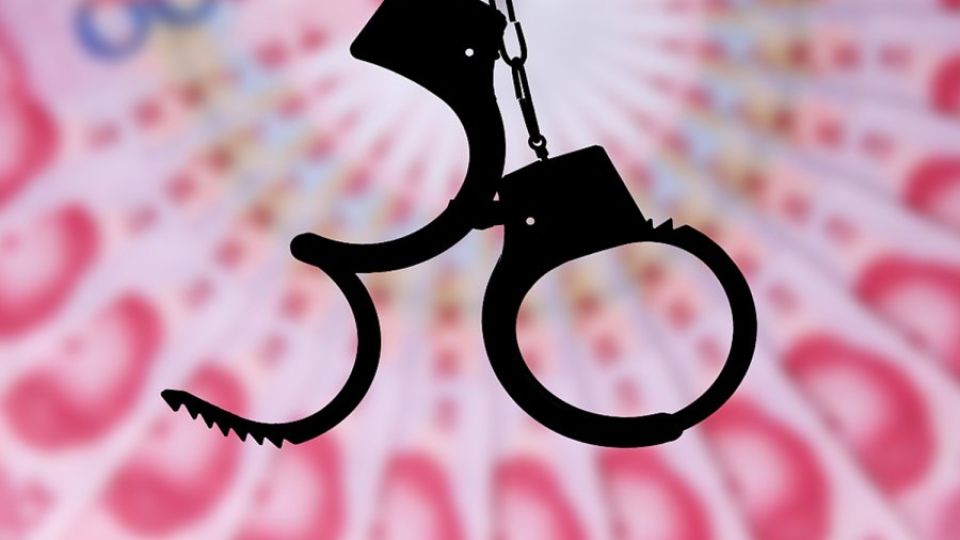August 16, 2023
BEIJING – An anti-corruption campaign is sweeping across the country’s medical sector. Since the beginning of the year, over 150 hospital directors and deans have already been subjected to investigations. The majority of these are related to activities such as favoritism in drug procurement, medical equipment procurement, consumables procurement, and even bribery.
The medical sector directly affects public interests, including the accessibility and affordability of medical treatment, while also influencing the overall development of the healthcare industry. The problems within the medical sector are deeply entrenched and complex in nature. They involve supervision of leadership officials and key personnel, the pharmaceutical procurement model, interactions between doctors and pharmaceutical companies, as well as payment systems for healthcare workers. A comprehensive examination is necessary in order to effectively address these issues and implement necessary improvements.
Notably, investigations have shown that the previously deemed pharmaceutical procurement model as an anti-corruption measure has not been immune to kickback practices. This suggests that, in addition to combating existing corruption, there is a need for further enhancement of the relevant systems to close any institutional loopholes that facilitate corruption and to ensure comprehensive reform.
It is important to recognize that the problems plaguing the medical field go beyond the improper transfer of benefits between doctors and pharmaceutical representatives. There are also a range of irregular operational issues within hospitals. Therefore, while tackling corruption, efforts should also be directed toward purifying and standardizing the internal management and medical ecosystem of healthcare institutions.
Addressing deep-seated issues necessitates strong measures. The current situation underscores the need for a comprehensive initiative encompassing investigation, cleanup, and reshaping within the pharmaceutical sector. Concentrated efforts should aim to eradicate corruption without disrupting the normal functioning of the pharmaceutical industry or the healthcare system, while still recognizing the valuable contributions of healthcare professionals. It should also serve as a reminder that actions toward better governance could greatly benefit from increased transparency and timely responsiveness to public concerns.


